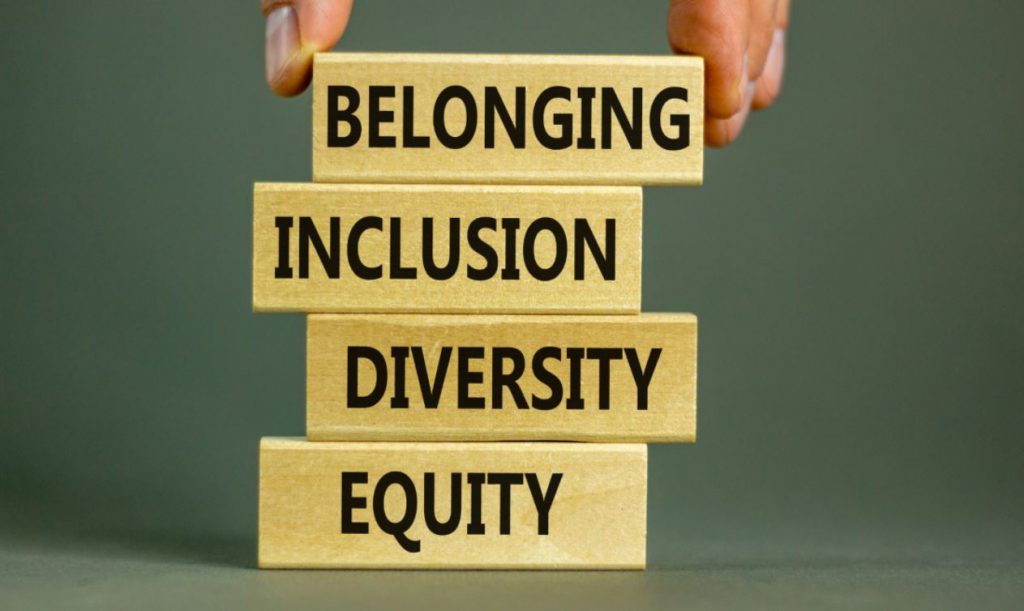
DEI 2
DEI isn’t dead, but employers must tread carefully
April 5, 2024 – Diversity, equity, and inclusion (“DEI”) initiatives in corporate America are facing an onslaught of criticism, especially after the Supreme Court’s decision last year in Students for Fair Admissions v. Harvard. That ruling didn’t address companies’ DEI programs, but in striking down affirmative action in higher education, it has heightened legal scrutiny of diversity-related programs in employment. And a clear lesson is emerging for employers: Forgetting about the “E” in DEI may put you on the wrong end of a major verdict.
In one such case, Duvall v. Novant Health, Inc., opens new tab, the 4th U.S. Circuit Court of Appeals in March affirmed a multi-million-dollar judgment against an employer. The Duvall decision shows how an aggressive DEI campaign can backfire against an employer, especially when it leads to negative consequences for employees based on race.
The plaintiff, David Duvall — a white man — worked for Novant Health for five years as its Senior Vice President of Marketing and Communications. He reported to a Black man. The evidence at trial showed that Duvall had performed well. But he was still fired in July 2018, and he was permanently replaced by a Black woman. Duvall sued, alleging that he was a victim of discrimination because of his status as a white man.
At trial, the jury heard that Novant Health had adopted a widespread DEI initiative, which included a commitment to add diversity to the executive and senior leadership teams. The company also developed DEI benchmarks and metrics, which showed a dramatic increase in female leaders and a decrease of white leaders over the time leading up to Duvall’s firing. The jury also heard that Novant Health provided “race-based bonuses” to executives who achieved DEI objectives.
Moreover, at trial, Duvall’s boss offered shifting explanations for his termination, none of which were given at the time of his firing. Although the supervisor testified that the termination was due to a lack of “engagement” and “support from the executive team,” he told a corporate recruiter that it was the result of a “desire to bring in new leaders” and a “desire for a different point of view, [a] different … flair.”
In making his case that there was an effort to purge white men from the leadership of the company, Duvall pointed out that his boss had seven white male direct reports in 2018, and zero such reports by the time of the trial.
The evidence about Novant Health’s DEI program and the actions of Duvall’s superior convinced the jury that his termination was racially motivated. While there was one bright spot for Novant Health — the court reversed the jury’s award of punitive damages — that will be small consolation, because Duvall will still recover more than $3 million in front and back pay.
Employers should not overread the Duvall decision to mean that all DEI efforts are prohibited, or that DEI programs are presumptively undesirable. In fact, the court stated in a footnote that “employers may, if they so choose, utilize [DEI]-type programs.”
But, as Duvall shows, employers who implement DEI programs must remember that employment discrimination based on race is generally prohibited by law, even when it is motivated by a desire to increase the participation of historically underrepresented groups.
The law provides an exception to this rule for employers who develop a lawful affirmative action plan that meets specific requirements and is narrowly tailored to address identified problems. After the Fair Admissions decision, even this exception may be on unsteady ground.
Regardless, most employers are not permitted to favor certain races or genders when they make employment decisions. DEI programs that explicitly seek to prefer one race or gender over another, such as by using quotas or providing bonuses to leaders for meeting certain race- or gender-based metrics, are more likely to be unlawful.
Thus, in adopting DEI programs, a central question that employers must ask themselves is whether their programs are designed to ensure an inclusive culture that values all employees regardless of background or identity and provides a level playing field for employees and job candidates.
A DEI program should be legally compliant when it seeks to expand the pool of employees who are competing for jobs and promotions by reaching out to diverse communities. Removing biases and barriers from hiring — such as when an orchestra required auditions behind a screen to eliminate bias against female performers — is not illegal.
A DEI program that trains employees on the benefits of inclusion and diversity in the workplace is permissible, but such training can still create risk if it uses “diversity” as a shorthand for adopting racial or gender-based preferences, or if it includes assumptions about people of a certain race.
For example, in a recent case, Young v. Colorado Department of Corrections, opens new tab, a white employee argued that his employer’s DEI training subjected him to a hostile work environment. Although the 10th U.S. Circuit Court of Appeals rejected that claim in a decision in March, it also noted that “race-based training programs can create hostile workplaces when official policy is combined with ongoing stereotyping and explicit or implicit expectations of discriminatory treatment.”
The Supreme Court’s ruling in Fair Admissions inspired America First Legal, led by former Trump advisor and anti-DEI advocate Stephen Miller, to declare, opens new tab on June 29, 2023, that “all DEI programs…violate the law.” That is incorrect. But there is no question that the legal landscape is shifting and employers must be extremely thoughtful about the implementation of such programs and how they are discussed with employees.
Companies can substantially reduce the risk of lawsuits by conducting careful legal reviews of their DEI programs and their hiring and training protocols, and remaining vigilant to developments in the courts that could require adjustments.







